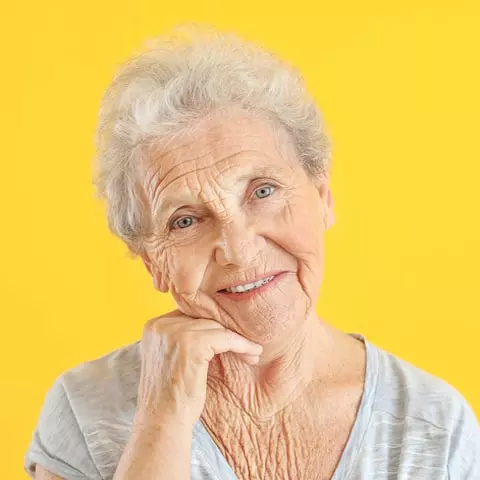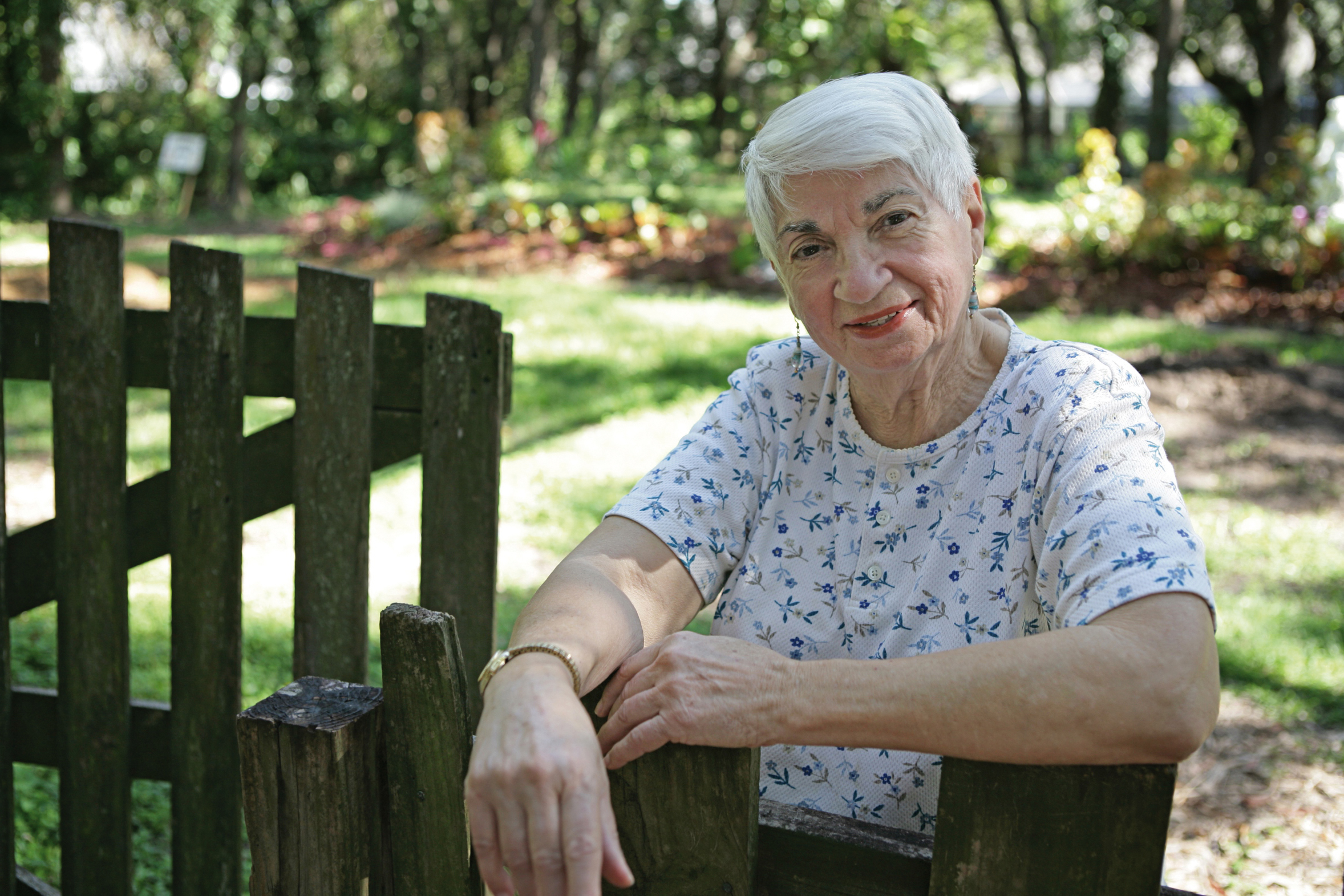
Elderly care facilities have increasingly recognized the importance of holistic care that goes beyond just physical well-being. Integrating creative therapies, such as music and art therapy, into their programs has become a popular and effective way to improve the overall quality of life for residents. In this article, we will explore the profound benefits of music and art therapy in elderly care facilities and how these therapies enhance the emotional, cognitive, and social well-being of residents.
Music therapy: A harmonious healing tool
Find YOUR ideal care home NOW!
Music therapy involves the use of music as a therapeutic tool to address emotional, psychological, and cognitive needs. Here's how it benefits residents in elderly care facilities:
-
Emotional expression: Music provides a non-verbal channel for residents to express their emotions, whether joy, sadness, or nostalgia, which can be especially helpful for those with cognitive impairments like dementia.
-
Stress reduction: Listening to soothing music or participating in group music sessions can lower stress levels and anxiety, creating a calming atmosphere in the facility.
-
Enhanced cognitive function: Engaging with music can stimulate memory recall and cognitive function, contributing to better mental acuity and reduced cognitive decline.
-
Social connection: Group music activities encourage residents to socialize and build connections, reducing feelings of loneliness and isolation.
-
Physical benefits: Rhythmic music can encourage movement and coordination, which can be beneficial for residents with mobility issues.
Art therapy: The creative canvas for well-being
Art therapy, on the other hand, uses various art forms, including drawing, painting, and sculpture, to improve residents' emotional and psychological health. Its benefits are equally remarkable:
-
Self-expression: Art offers a non-verbal outlet for residents to express their feelings, thoughts, and life experiences, enabling self-discovery and emotional release.
-
Empowerment and control: The creative process provides a sense of control, boosting self-esteem and confidence among residents.
-
Stress reduction: Engaging in art can be a relaxing and meditative experience, helping residents reduce stress and anxiety.
-
Cognitive stimulation: Art therapy can enhance cognitive skills and memory, supporting residents in maintaining mental acuity.
-
Social interaction: Group art sessions encourage residents to connect with one another, share experiences, and foster a sense of community.
Implementing music and art therapy
-
Qualified professionals: Engage certified music and art therapists who can tailor activities to residents' specific needs and abilities.
-
Customized programs: Design therapy programs that cater to different levels of cognitive and physical abilities. Ensure that residents have access to a variety of musical instruments or art materials.
-
Sensory-focused approaches: Use sensory-based techniques, such as tactile materials or aromatherapy, to enhance the sensory experience during therapy.
-
Regular sessions: Consistency is key. Regular music and art therapy sessions create a routine and provide residents with something to look forward to.
-
Feedback and assessment: Regularly assess residents' progress and seek their feedback to ensure the therapy aligns with their preferences and therapeutic needs.
Music and art therapy in elderly care facilities represent innovative and highly effective approaches to improving residents' emotional, cognitive, and social well-being. These creative therapies offer seniors the opportunity to express themselves, connect with others, and engage in meaningful and enjoyable activities. By incorporating music and art therapy into their care programs, elderly care facilities can significantly enhance the quality of life for their residents, providing a holistic approach to well-being that goes beyond just physical care.
For assistance in finding a care home or facility best suited to your needs, contact Senior Home Plus at 0230 608 0055 or fill out our online form.
Do you need a care home for yourself or your loved one?
Share this article :
Latest posts
You are looking for an establishment for your loved one ?
Get availability & prices
Fill in this form and receive
all the essential information
We would like to inform you of the existence of the opposition list for telephone canvassing.








.jpg)

